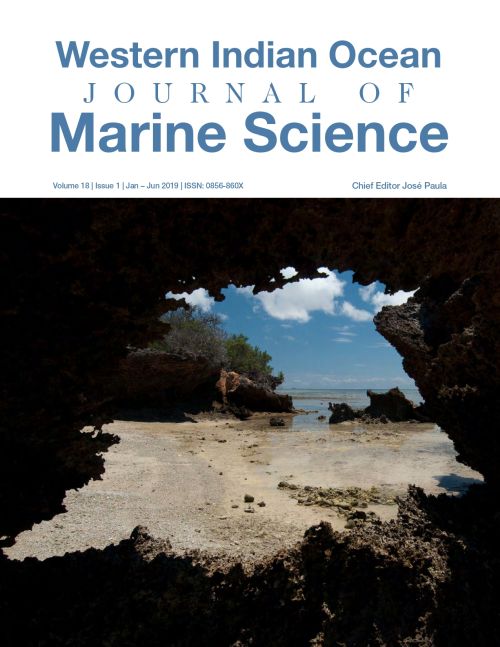Main Article Content
A first account of the elasmobranch fishery of Balochistan, south-west Pakistan
Abstract
Pakistan was listed as eighth globally in its landings of sharks and other elasmobranchs during the 1990s. Balochistan occupies over three-quarters of the coast of Pakistan yet the nature of the elasmobranch fishery there remains undocumented. Landings of elasmobranchs at landing sites were surveyed; the main species recorded were blacktip shark (Carcharhinus limbatus), bull shark (C. leucas) and spot-tail shark (C. sorrah). Altogether 25 shark species were identified, of which nine are regionally vulnerable, eight endangered, and one (the sand tiger shark, Carcharias taurus) critically endangered. Of the thirteen other elasmobranchs recorded, five are regionally vulnerable, two are endangered and one (the sawfish, Pristis pristis) critically endangered. Local fishers and processors were interviewed about their industry. Sharks were caught using both long-lines and nets, largely in May – July. The fishers retained some meat (for consumption) or liver (for the oil used for waterproofing boats), but did not process the sharks themselves, instead selling them to agents of companies that exported fins and other elasmobranch products. Results showed that recorded landings in both Balochistan and the neighbouring Sindh Province have declined to a tenth or less of peak catch. Meanwhile, the numbers of registered fishermen continued to increase, a persistent threat to elasmobranchs stocks. It is recommended that a realistic national plan of action and widespread public awareness programme, with support to fishers and processors would help to alleviate this critical situation.






